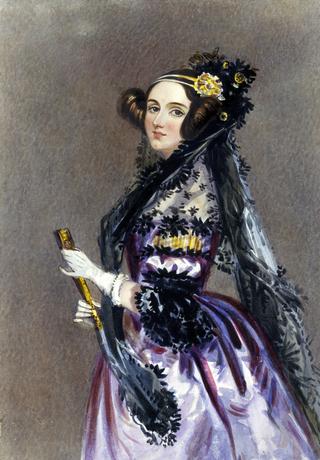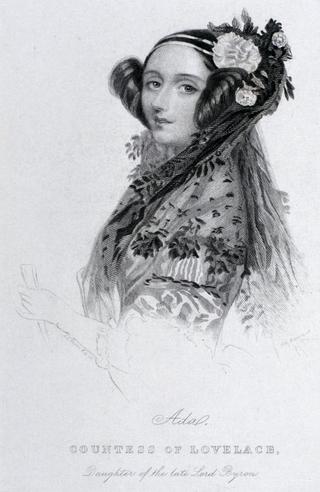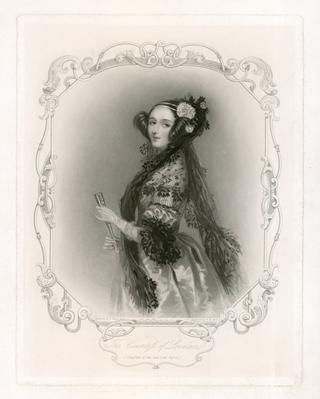
Ada Lovelace 1815 - 1852
- occupation:
- Computer pioneer, Mathematician
- Nationality:
- British
- born in:
- London, Greater London, England, United Kingdom
Ada Lovelace was a century ahead of her time in imagining a general purpose device, the basis of all computers. Called the ‘Enchantress of Number’ by Charles Babbage, she saw the potential for his calculating machines to move beyond simple mathematics. Lovelace was the daughter of poet Lord Byron and the admired intellect Annabella Milbanke, and studied science and maths at a time when women rarely had access to such subjects.
The young Ada received the best of private mathematical education and was tutored by Mary Fairfax Somerville, noted 19th-century polymath and scientific writer, and Augustus De Morgan, logician and mathematician.
Lovelace’s most substantial contribution to Babbage's Analytical Engine—and to early computing—are her translations of, and notes relating to, Italian military engineer Menabrea's memoir ‘Sketch of the Analytical Engine Invented by Charles Babbage’, based on a lecture Babbage gave in Turin. Lovelace’s notes outlined the potential of Babbage’s Analytical Engine for general programming beyond simple calculations and how it could be used to manipulate quantities other than numbers such as symbols, letters and even musical notes.
Ada added flesh to the bare bones of the original paper, providing a clear description of the more general programmable application of Babbage’s Analytical Engine, as well as further potential applications and outcomes of the device.
She died of cancer at the age of 36, and her contribution to early computation went largely unnoticed by the male-dominated scientific and mathematical community of the mid-19th century and was not fully appreciated until the advent of electronic computing a century later.
Ada Lovelace Day was founded in 2009 by Suw Charman-Anderson and aims to raise the profile of women in STEM and celebrate their achievements, past and present.
1833 - introduced to Charles Babbage by Mary Fairfax Somerville
1835 - married William King, eighth Baron King of Ockham, who became the Earl of Lovelace in 1838
1843 - translated a paper by General L. F. Menabrea, describing Babbage's main attempt to implement the notion of the projected analytical engine

